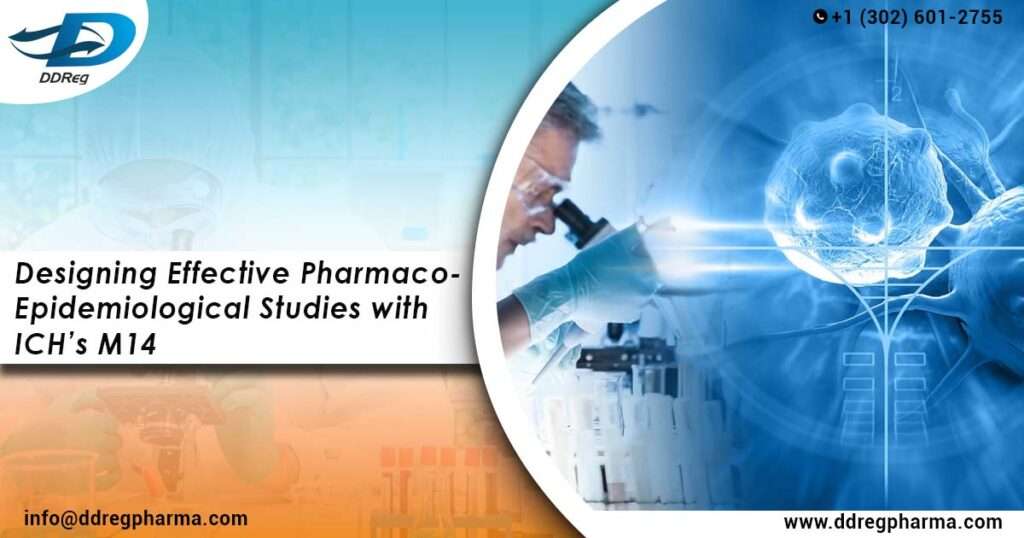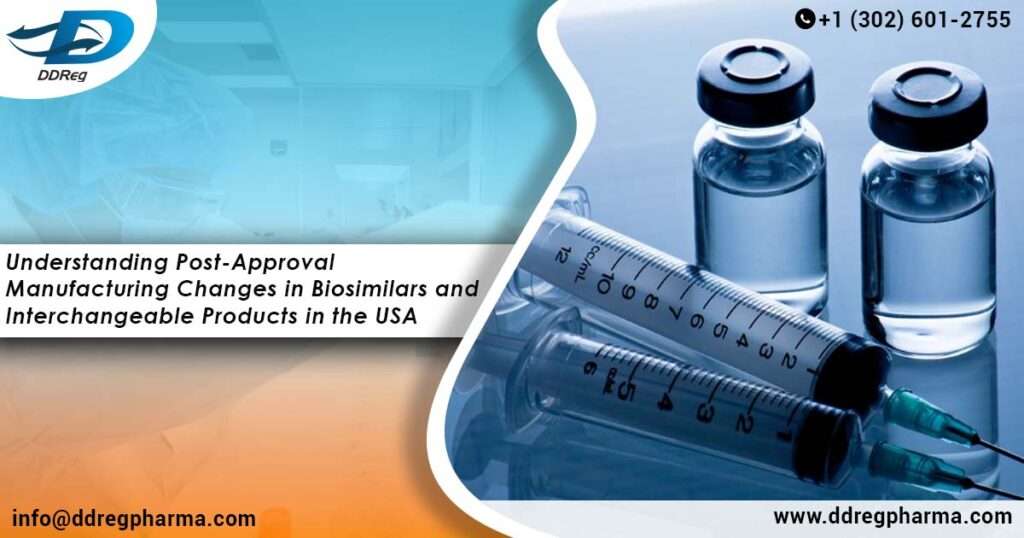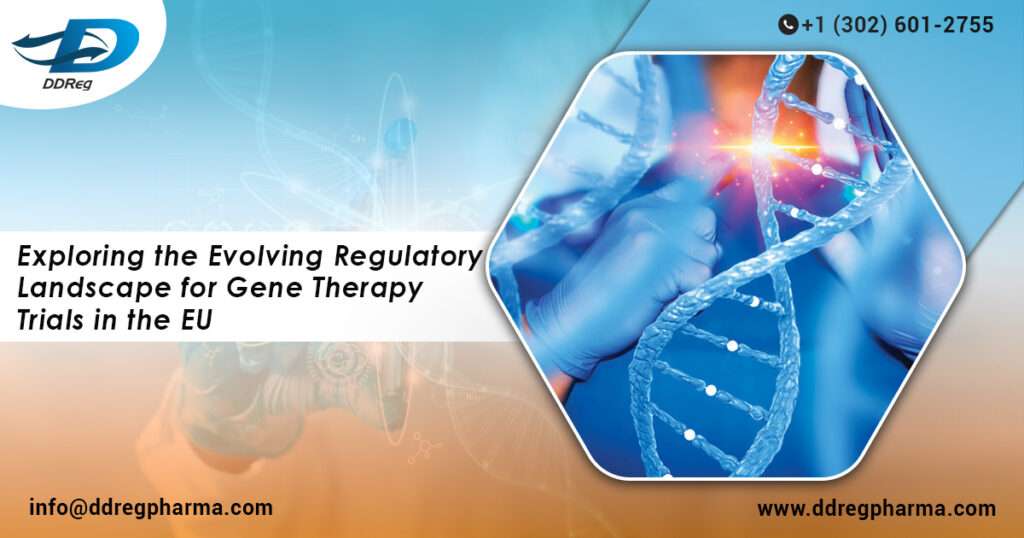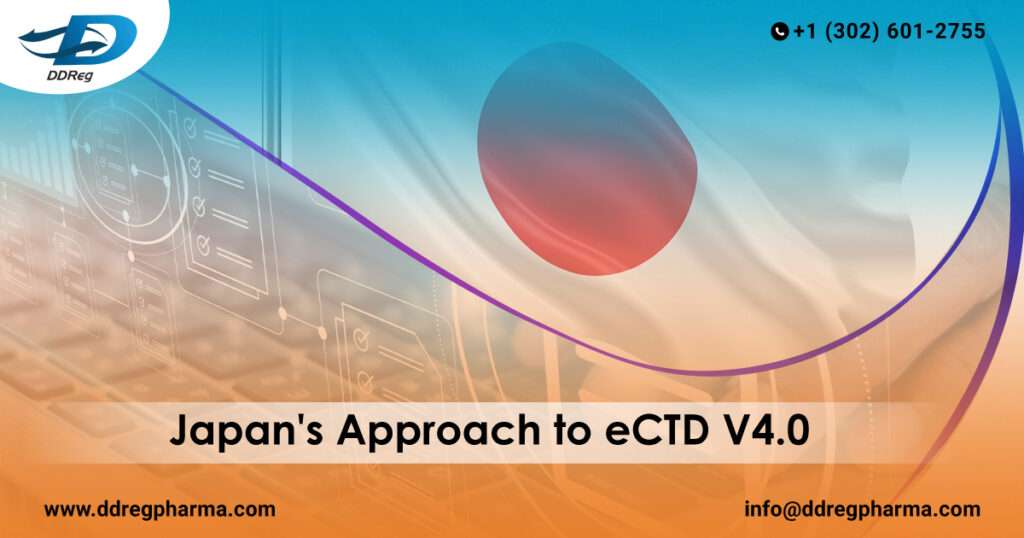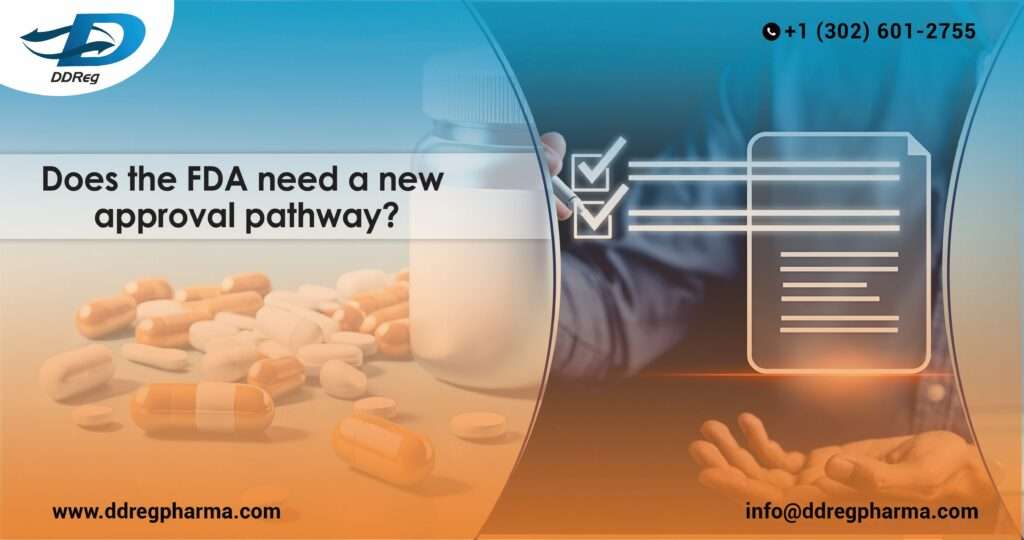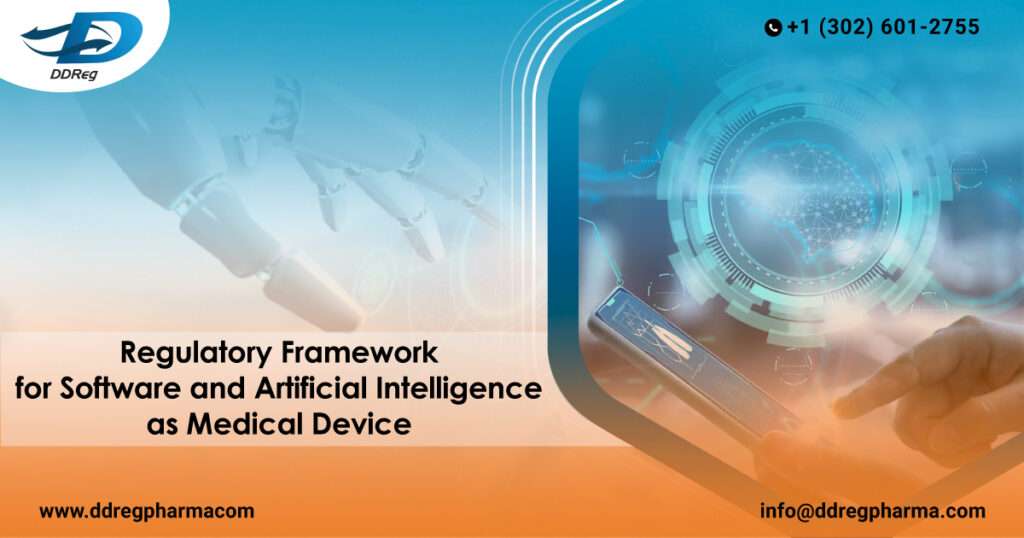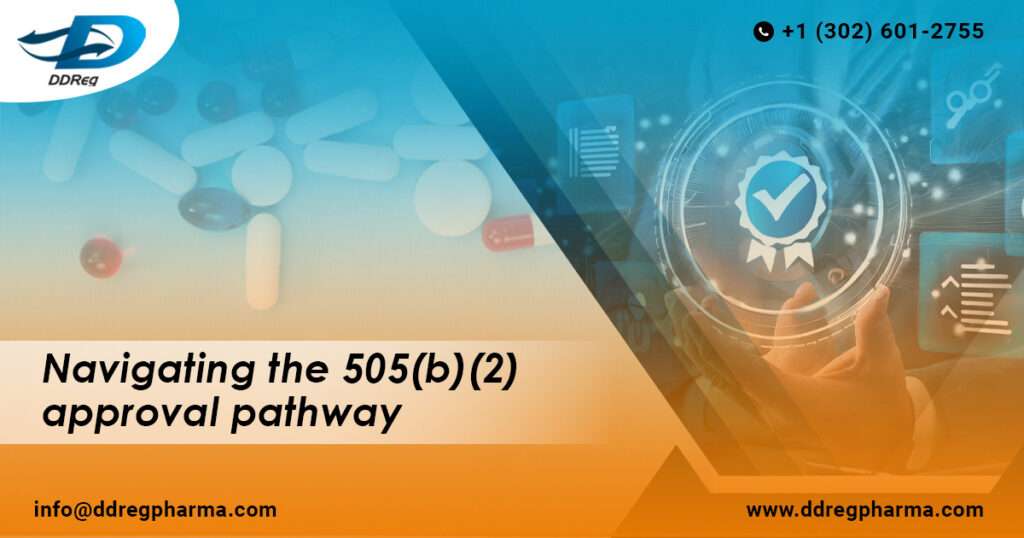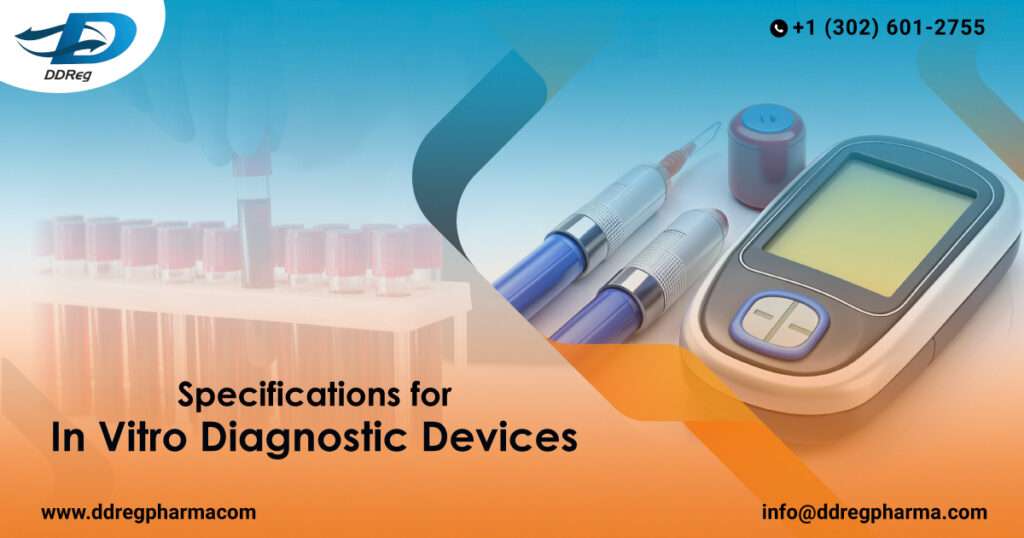Designing Effective Pharmaco-Epidemiological Studies with ICH’s M14
Imagine a pharmaceutical company about to launch a new drug. Clinical trials have shown promising results, but the real test lies in how this drug will perform in the hands of thousands—or even millions—of patients in the real world. Will it be as effective? Will unexpected safety issues arise? The answers to these questions often […]
Designing Effective Pharmaco-Epidemiological Studies with ICH’s M14 Read More »

